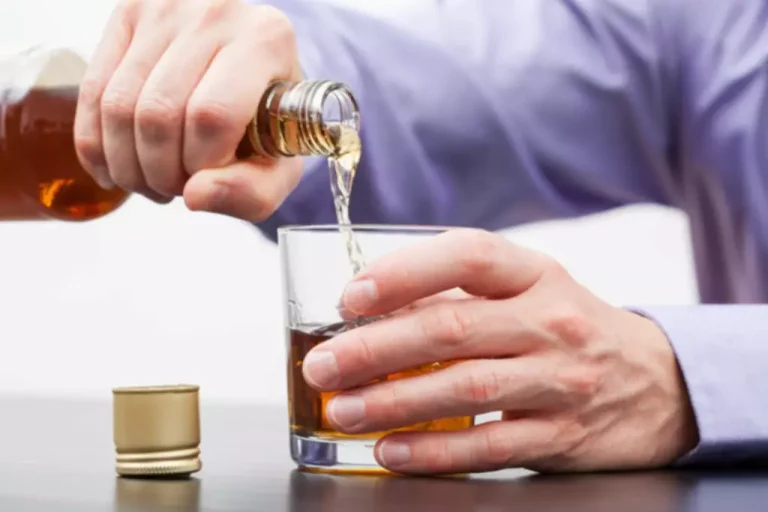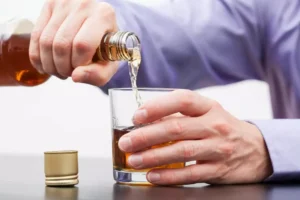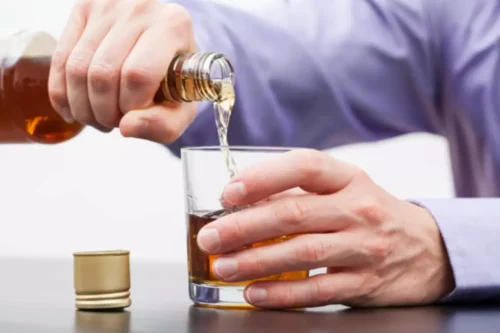
Usually, people experience symptoms affecting their vision or mood. Additional research suggests that people with previous traumatic experiences may be more affected by HPPD. This hypothesis says that strong memories could be more easily accessed with psychedelic drug use and mistaken as flashbacks. Some evidence shows that HPPD is brought on in a similar way as post-traumatic stress disorder (PTSD) symptoms, which develop when a memory is triggered by a similar environmental factor.
Hallucinogen Persisting Perception Disorder Symptoms
These symptoms can last for weeks, months, and sometimes even years. In some cases, the condition becomes chronic, while in other instances, people can suppress the feelings and function normally. The effectiveness of drug therapy can vary from person to person. Every person who has visual disturbances as a result of HPPD experiences them hppd symptoms slightly differently.
Living With Hallucinogen Persisting Perception Disorder
The Neurosensory Research Foundation14 was founded by HPPD sufferers to promote research and awareness around the condition. Subsequently, in 2021, the Perception Restoration Foundation15 was launched to bolster efforts for research, awareness and harm reduction. It is important to be open and honest about any past drug use, to marijuana addiction help the doctor reach the correct diagnosis.
- Research is limited regarding the best treatment but prescription medications and relaxation techniques, such as meditation, breathing, and yoga, may reduce symptoms or shorten episodes.
- They do not relive any other aspects of a drug trip, only the part that involved vision.
- Dr. Nelson has worked in the behavioral health field for more than 22 years.
- Instead they increased the frequency of derealization and depersonalization episodes in the patient.
- Because there is little research into HPPD, it’s unclear how common it is.
LSD (Lysergic acid diethylamide)

Researchers believe that people are at risk of experiencing HPPD if they take hallucinogenic drugs recreationally. However, they do not yet understand the type or frequency of drug use that causes it. If you’ve used hallucinogenic drugs, you should let your doctor know. It’s important to understand that your doctor’s primary concern will be helping you address and treat your symptoms. The effects of taking larger doses of hallucinogens should wear off over the course of six to 15 hours. HPPD symptoms, however, persist long after the normal active life of the drug and can be either episodic or mostly continuous.

General Health

The FHE Health team is committed to providing accurate information that adheres to the highest standards of writing. If one of our articles is marked with a ‘reviewed for accuracy and expertise’ badge, it indicates that one or more members of our team of doctors and clinicians have reviewed the article further to ensure accuracy. This is part of our ongoing commitment to ensure FHE Health is trusted as a leader in mental health and addiction care. As chief Clinical Officer at FHE Health, a nationally recognized behavioral health treatment provider, he ensures quality, innovation, and comprehensive treatment for patients.

However, because of the small study sample sizes, the evidence for the use of these drugs isn’t very strong. Furthermore, these drugs come with their own risks and, in some cases, can worsen HPPD symptoms or a person’s quality of life. Although there’s no cure for the condition, treatment for HPPD can reduce symptoms and help people with the disorder lead fuller lives. FHE Health offers inpatient and outpatient treatment options that can help you or your loved one learn to cope with HPPD disorder. Talk therapy is also recommended, especially when HPPD is co-morbid with anxiety and depression.
How HPPD is diagnosed
Although data is limited, research shows only 4% to 4.5% of people who take hallucinogenic drugs get it. Although researchers don’t know why some people get HPPD and others don’t, they know HPPD happens because you’ve used hallucinogenic drugs in the past. According to studies, the amount of a substance you took doesn’t seem to make a difference in your risk of getting HPPD.
- The interruption in your field of vision can be annoying, disturbing, and possibly debilitating.
- Though it can take time to find the right treatment regimen and begin to feel comfortable again, it is a process that is well worth the effort.
- With HPPD a person experiences ongoing visual disturbances, flashbacks, and other persistent symptoms after hallucinogenic drug use.
- Indeed, anxiety has been implicated in visual perceptual effects similar to HPPD,17 and authors have recognized the crucial role of attending to underlying anxiety and panic in recovering from the disorder.

At variance with DSM-IV-R, ICD-10 recognizes hallucinogen-induced visual disturbances as lasting only seconds to minutes. Previous use of hallucinogens is necessary, but not sufficient, for diagnosis of HPPD, and the symptoms cannot be due to another medical condition. Hallucinogenic persisting perception disorder is characterized by the recurrence of visual phenomena caused by psychedelic drugs for days, months, or even years after the trip. In mild forms of the disorder (HPPD Type I), these visual disturbances are transient, while in more severe cases (Type II), they’re pervasive and seemingly irreversible and cause impairment and distress. Sometimes, these visual disturbances are triggered by stress or anxiety. Following informed consent, a trial of the antiepileptic lamotrigine was initiated to combat the unrelenting visual disturbances of the patient.

